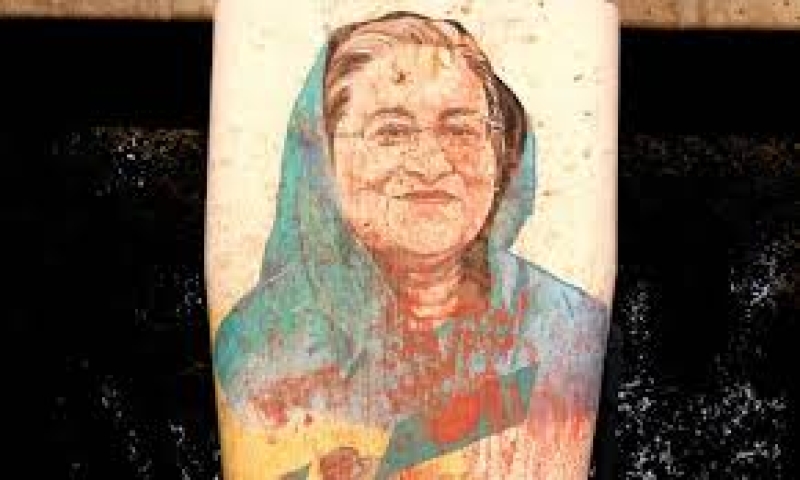- UN says former BD govt behind possible 'crimes against humanity' |
- UN report finds brutal, systematic repression of July protests |
- At AI Summit, diplomats mull destiny of tech revolution |
- Reaching for stars: We know answers to support women in STEM |
- Trump talks Gaza takeover plan to Jordan's King Abdullah |
Hasina Ordered Security Forces to Kill Protesters and Hide Bodies
UN reports

A new report by the UN Office of the High Commissioner for Human Rights (OHCHR) reveals that former Prime Minister Sheikh Hasina directed security forces to kill protesters and hide their bodies during the July uprising in Bangladesh in an effort to suppress dissent.
The report, titled "Human Rights Violations and Abuses Related to the Protests of July and August 2024 in Bangladesh", was released today and provides a detailed account of the brutal tactics used to quell protests. It claims that, on the evening of July 18, 2024, a high-level meeting was convened by the then Home Affairs Minister with top security officials, including the heads of Police, Rapid Action Battalion (RAB), Border Guard Bangladesh (BGB), and intelligence agencies.
According to testimony from a meeting participant, the Minister instructed the BGB Commander to employ lethal force with greater frequency, signaling the government's aggressive stance toward protestors.
The report further highlights a chilling directive issued by the then Prime Minister herself. In a meeting the following day, Hasina reportedly told security officials to "kill the protesters" and specifically ordered the arrest, execution, and concealment of bodies of "ringleaders" and "troublemakers."
Although the Bangladesh government has cooperated with OHCHR investigators, the report details ongoing challenges to accountability. Despite efforts by the interim government, which has taken steps to prosecute senior officials involved in human rights violations before Bangladesh's International Crimes Tribunal (ICT) and regular courts, structural flaws in law enforcement and the justice system continue to obstruct justice. The report points to issues such as meritless mass cases, intimidation, and evidence tampering by some security personnel who still hold positions of power.
In response to the report, the interim government expressed its gratitude to the OHCHR for conducting the most comprehensive independent investigation into the events that led to the fall of Hasina's regime.
This report underscores the severity of the actions taken against protestors in the summer of 2024 and the urgent need for further efforts to ensure justice and accountability for the victims of these abuses.

